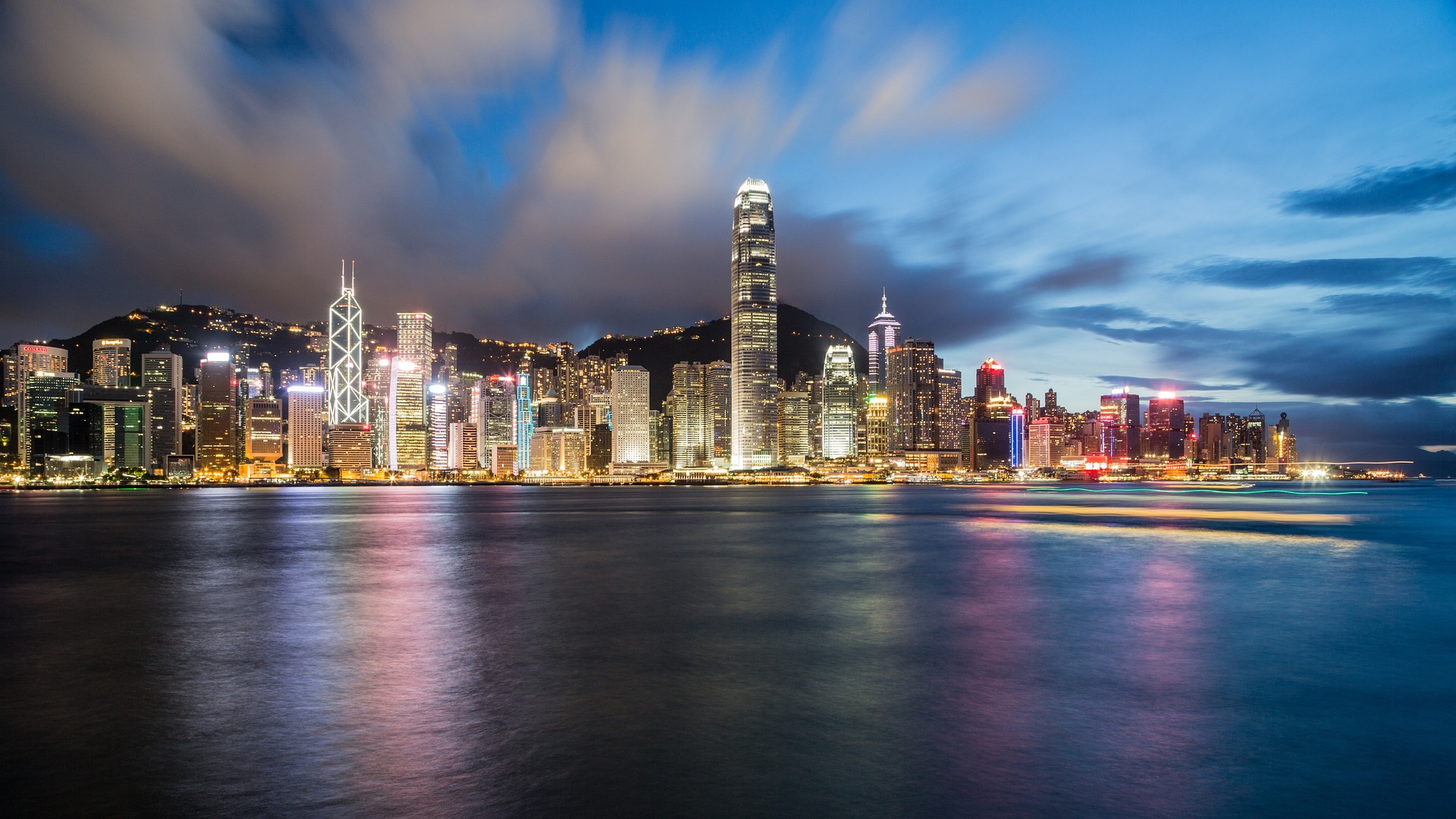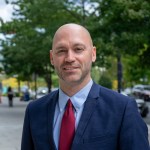
On January 5, the Hong Kong government arrested 53 activists and legislators for organizing peaceful, democratic primary elections in July 2020. An unprecedented rebuke of political rights, the arrests served as a stark reminder of the Chinese Communist Party’s accelerated effort to stamp out any freedom in Hong Kong and brought to light what the CCP fears most: its people.
Beijing’s most recent assault on political freedoms in Hong Kong has confirmed what so many have predicted: with the implementation of the National Security Law (NSL) comes the death of any vestige of democracy or freedom in Hong Kong. After passing the NSL in June 2020, the CCP repeatedly cited falsehoods to justify the ensuing crackdown, claiming that their actions were needed to secure the “One Country, Two Systems” structure and protect the integrity of Hong Kong’s system of government.
That was also the primary excuse Hong Kong’s security forces gave on January 5 when 53 pro-democracy legislators and activists were rounded up and arrested. Their supposed crime was participation in last July’s informal primary election, which saw pro-democracy parties coordinate to unify their votes in the general election. In other words, by conducting the type of peaceful strategizing that democratic political movements worldwide do regularly, these democrats became criminals in the eyes of the Hong Kong government and its CCP supervisors.
Since the NSL came into effect, the CCP and its Hong Kong proxies have degraded the city’s freedom, arresting citizens for exercising their freedom of speech or attempting to escape the city. But the January 5 arrests mark a particularly chilling turn. Arresting 53 people for organizing a peaceful vote and the actions they planned to take once in office—like vetoing the budget, a part of any legislator’s job who disagrees with that budget—is like predictive policing, an already dubious form of law enforcement, but worse. What was long known is now clear: the Hong Kong government no longer serves its people in any meaningful way, but instead operates in the interest of the CCP alone.
To be clear, there was nothing subversive about the efforts of those arrested. Their actions occurred within the very governance system that Beijing claims to protect. Those arrested would only have reached office if they had won the Legislative Council elections, thereby reflecting the will of the Hong Kong people. The Hong Kong government delayed the election, ostensibly because of COVID-19, but likely because of the pro-democracy camp’s high chance of winning. That postponement, combined with the arrests, demonstrate that the CCP’s greatest fear in Hong Kong is not extremism, violence or separatism but rather the expression of the will of its citizens.
The International Republican Institute (IRI) calls on the Hong Kong government to return to the rule of law, listen to the will of its people, adhere to the United Nations-registered treaty the Sino-British Joint Declaration and release, without charge, these 53 individuals unlawfully arrested. The world will not forget that, when faced with the choice to resist authoritarianism or become its agent, the Hong Kong government embraced the latter and played an active role in the death of Hong Kong’s status as a financial hub, center of global business, beacon of rule of law and pearl of freedom.
Top